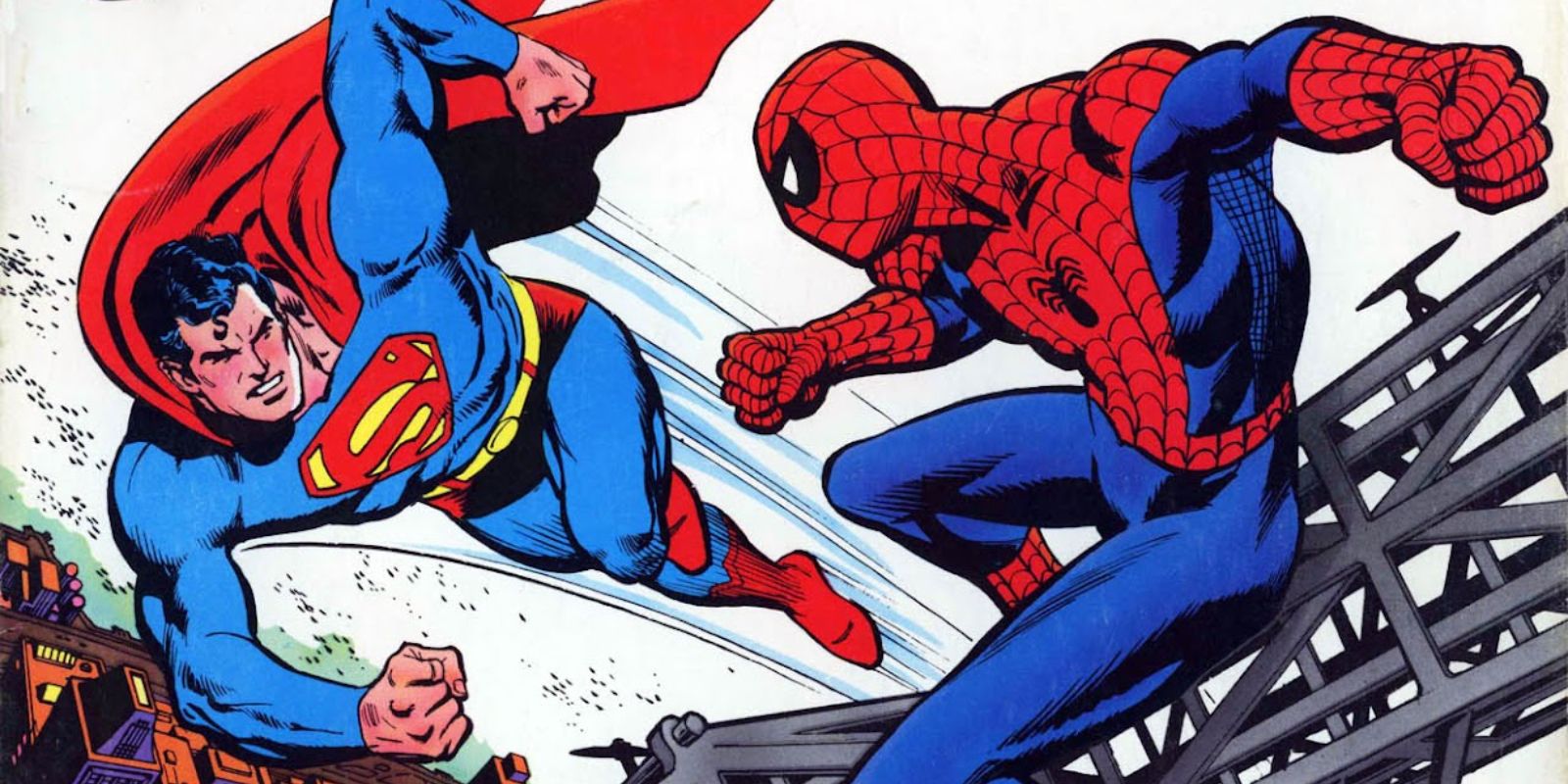Overwatch and Talon clash in faction war: Choose your allegiance!

Overwatch is introducing a new event where players can choose to support either team Overwatch or team Talon and compete for special prizes. Here’s a breakdown of everything you need to know about the Season 1 Conquest event.








